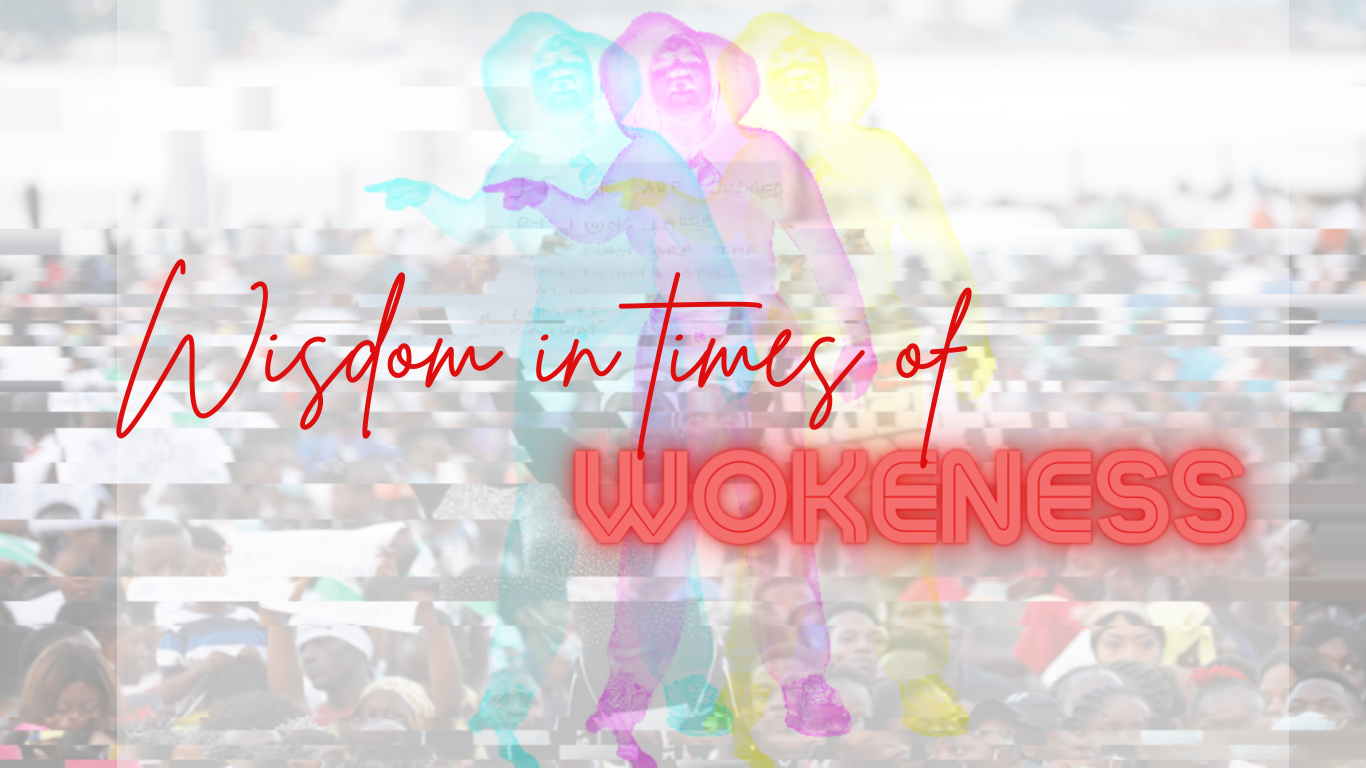Wisdom in Times of Wokeness
In recent years, the term ‘wokeness’ or being ‘woke’ has become increasingly prevalent in social justice and activism discussions. This term refers to an awareness of social and cultural issues and a commitment to challenging oppressive systems and structures such as racism, sexism, ageism and other forms of oppression. While this awareness is undoubtedly a positive step forward, there is the concern that it can lead to a form of dogmatism and ideological rigidity that can be counterproductive.
Wisdom is often defined as the quality of having experience, knowledge, and good judgement. It is a virtue that human beings have valued for thousands of years and involves the ability to discern what is true, good, and right and to act accordingly. To be clear, wisdom is not the same as intelligence or knowledge. It is something deeper and more profound that comes from experience, insight, and reflection.
In times of wokeness, wisdom is more critical than ever.
One of the dangers of wokeness is that it can lead to a form of tribalism, where people are divided into groups based on their identity and political beliefs. This tribalism can lead to a form of groupthink, where people are afraid to challenge the prevailing narrative for fear of being ostracized or labelled as bigoted. Wisdom requires us to resist this kind of thinking and to be willing to challenge our own assumptions and beliefs.
In her book "Cynical Theories: How Activist Scholarship Made Everything about Race, Gender, and Identity—and Why This Harms Everybody," Helen Pluckrose argues that "wokeness" and political correctness are rooted in postmodernism and critical theory, which emphasize the importance of social identity categories like race, gender, and sexuality. Pluckrose suggests that these theories have been co-opted by activists who use them to justify censorship, cancel culture, and other illiberal practices. Pluckrose says “The woke ideology is not a solution to racism or sexism or any other form of discrimination. It's a problem in and of itself, and it's not a way to bring people together. It's a way to create more division and more hostility."
It is quite easy to get caught up in the latest trend or social media outrage and lose sight of the bigger picture, but wisdom requires us to step back, take a deep breath, and think critically about the issues at hand.
Another danger of wokeness is that it can lead to a form of moralism, where people are judged solely on their beliefs and affiliations. This kind of thinking can be divisive and lead to virtue signalling, where people compete to show who is the most woke. Wisdom requires us to recognize that people are complex and that their beliefs do not define them as human beings.
In countries like Nigeria, with over 250 ethnic groups, diverse cultural beliefs and religious traditions, wokeness can lead to a rejection of beliefs and traditions which provide a sense of belonging, purpose, identity, and offer guidance on how to navigate the complexities of the world today.
Finally, wokeness can lead to a form of activism that is more concerned with symbolism than substance. Posting a hashtag or attending a protest is doable, but real change requires sustained effort and hard work. It is important to focus on the long term and recognize that the change we seek will take time.
While wokeness is undoubtedly a positive step toward being aware of and sensitive to social and political issues, we must be careful not to fall into the dogmatism and ideological rigidity trap. Let us also recognise that cultural practices and traditions are not static. They are shaped by the experiences and values of a particular community and can change over time. As such, we should engage, reflect and dialogue to ensure that these practices and wisdom remain relevant and inclusive.
It is perfectly okay to think critically, challenge our assumptions, recognize the complexity of human beings, and focus on the long term.
By doing so, we can create a more just and equitable society that is inclusive of all.
